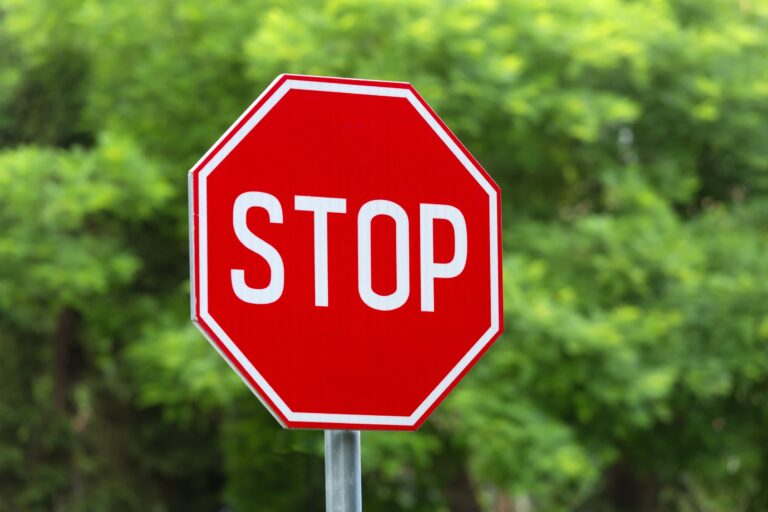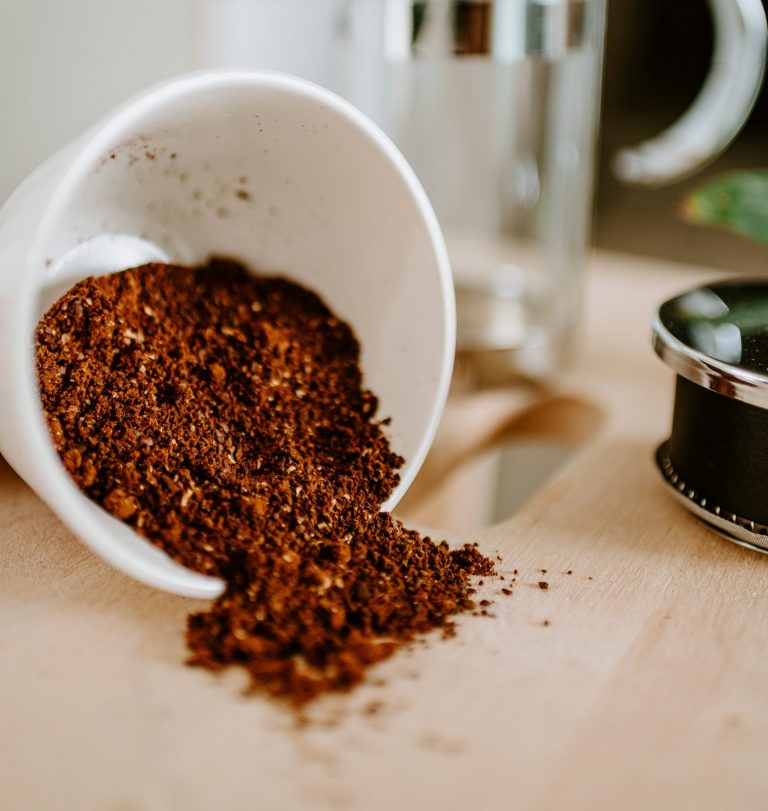Gardening is a time-honored tradition, often guided by tips and tricks passed down through generations. While many of these practices have their roots in practical experience, some have been debunked by modern science. Following outdated advice can sometimes harm your plants or waste resources, so it’s worth revisiting common gardening myths. Here are seven traditional…
gardening myths
Don’t Do That! 9 Pieces of Bad Gardening Advice to Ignore
Gardening, an age-old practice that bridges generations, cultures, and geographies, has seen a resurgence in popularity in recent years. With this renewed interest comes an abundance of advice, some of it good, some… not so much. In an era where the internet is teeming with quick tips and hacks, it’s crucial to weed out the…
5 Common Gardening Myths You Should Forget About
The gardening world is rife with anecdotal information. Since I started gardening over 10 years ago, I’ve run into my fair share of common gardening myths. People love to make big claims about their gardening techniques. It turns out, though, that while the “secret sauce” might have some truth to it, it’s usually a…


